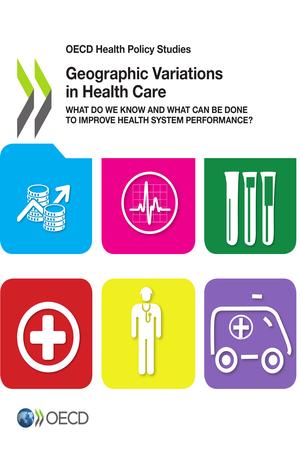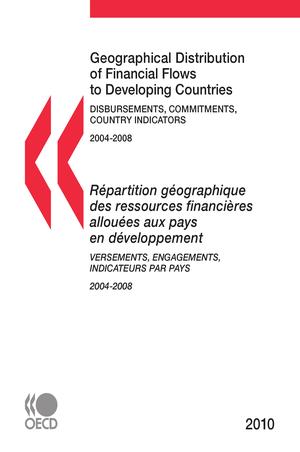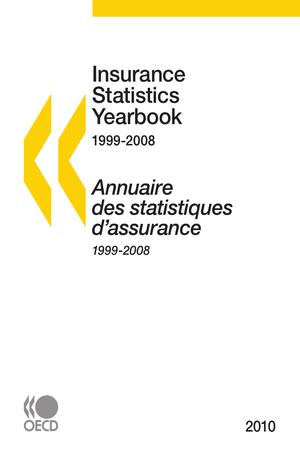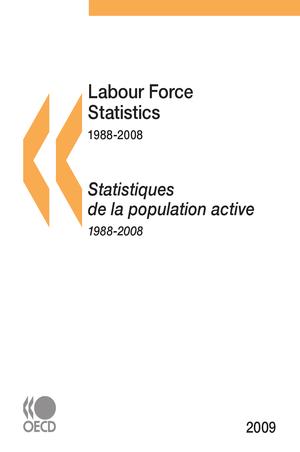Recent reforms have put Germany among the OECD countries with the fewest restrictions on labour migration for highly-skilled occupations, yet inflows continue to be relatively low. As labour migration is supposed to be one means to help meet future labour and skill shortages caused by a shrinking working-age population, this book addresses the question of how to ensure that international recruitment can help meet urgent needs in the labour market which cannot be met locally. The review examines key issues in the design of the German labour migration system, on the demand side and on the supply side.
German employers can recruit from abroad for any job requiring university-level qualifications. Yet even employers declaring shortages have not done so, in part, due to their insistence on German-language skills and specific qualifications, and in part to a perception that international recruitment is complex and unreliable. While the process could be made more transparent, its negative reputation is unjustified. International students appear well positioned to meet employer concerns, but Germany could do more to promote this channel for labour migration. A large part of the demand is also expected in skilled occupations requiring non-tertiary vocational training, but here, channels remain more restrictive. To address anticipated shortages in these occupations, more should be done to recruit into the dual system, and Germany’s new recognition framework could contribute to open new channels.










